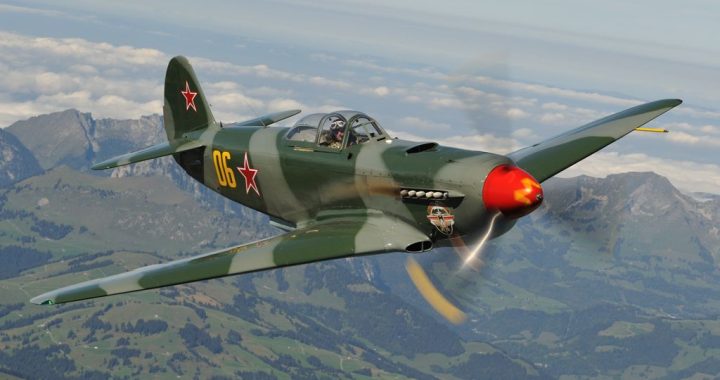Yakovlev Yak-9; World War II Fighter Aircraft of Soviet Union
The aircraft of today is the one from the World War II-era named Yakovlev Yak-9 which was the fighter of the Soviet Air Force. Yakovlev Yak-9 was a single-engine and a single-seat aircraft for multiple mission purposes that not only served for Soviets in World War II but after that in the Korean War as … Continue reading Yakovlev Yak-9; World War II Fighter Aircraft of Soviet Union
